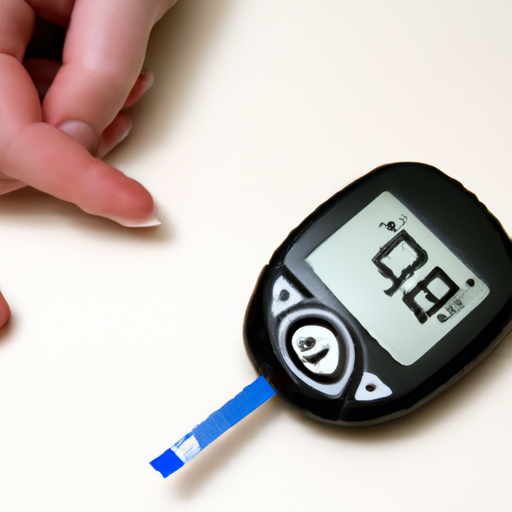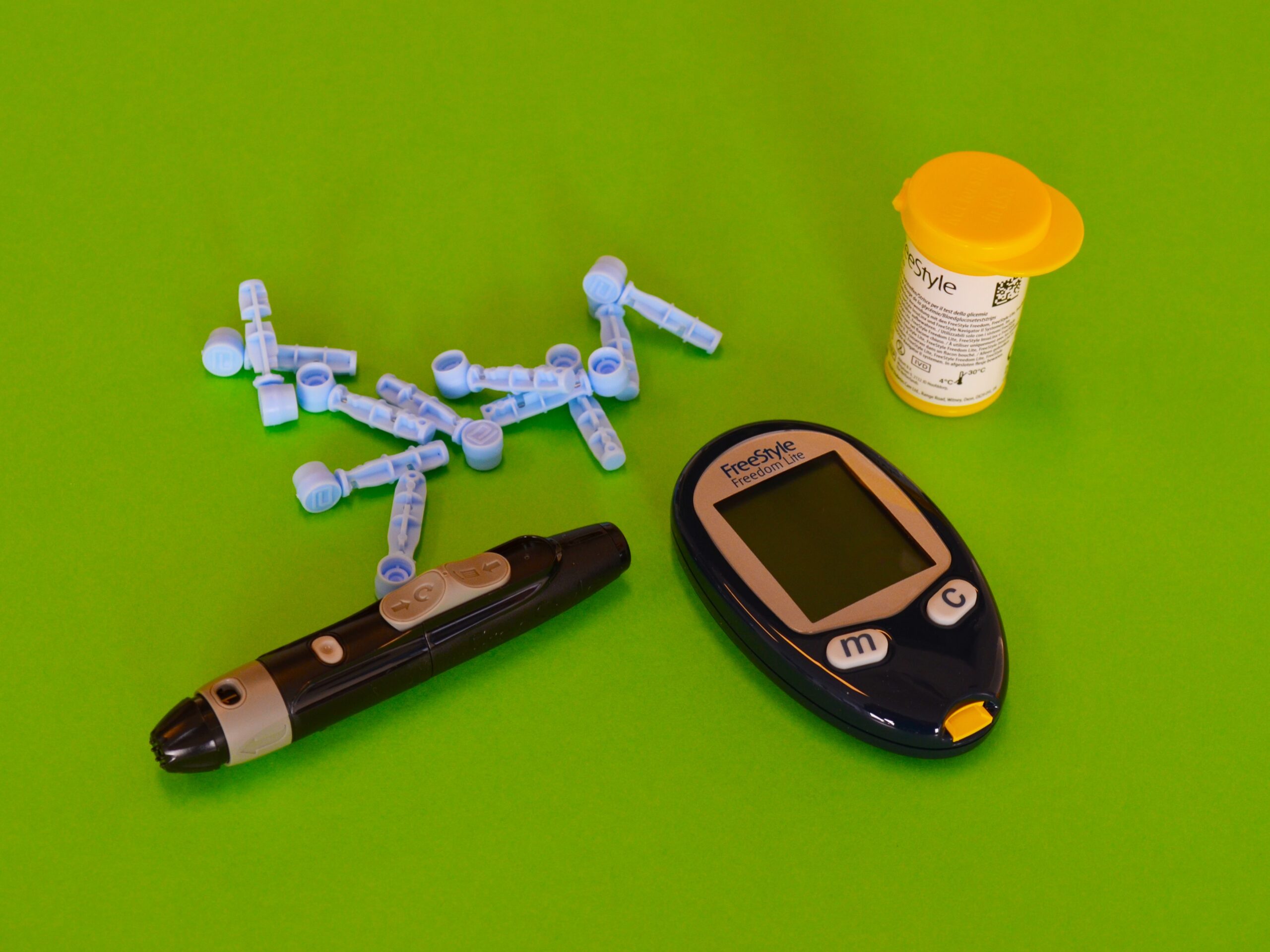
Are you tired of experiencing energy crashes and mood swings throughout the day? Look no further! “10 Tips to Balance Blood Sugar” is here to help you maintain stable blood sugar levels and improve your overall well-being. From making dietary adjustments to incorporating regular physical activity, this comprehensive guide provides you with simple yet effective strategies to keep your blood sugar in check. Say goodbye to insulin spikes and hello to a healthier you with our 10 invaluable tips!
Meal Planning and Timing
Eat Balanced Meals
When it comes to balancing your blood sugar levels, one of the most important factors to consider is your meal planning. By focusing on eating balanced meals, you can ensure that your body receives a steady supply of nutrients throughout the day, helping to prevent spikes and crashes in your blood sugar levels. A balanced meal typically consists of a combination of carbohydrates, protein, and healthy fats. This can be achieved by including sources such as whole grains, lean meats or plant-based proteins, and foods rich in monounsaturated fats like avocados or nuts.
Opt for Whole Foods
In addition to eating balanced meals, it is also important to opt for whole, unprocessed foods whenever possible. Whole foods, such as fruits, vegetables, whole grains, and legumes, are rich in essential nutrients and fiber, which can help regulate blood sugar levels and provide a steady source of energy. Avoiding processed foods, which often contain added sugars and unhealthy fats, can help prevent sudden spikes in blood sugar levels.
Control Portion Sizes
Another key aspect of meal planning for blood sugar balance is controlling portion sizes. Eating too much of any type of food, even if it is healthy, can still cause a spike in blood sugar levels. By practicing portion control and listening to your body’s hunger and fullness cues, you can ensure that you are consuming the appropriate amount of food for your needs. This can help stabilize blood sugar levels and prevent overeating.
Avoid Skipping Meals
When it comes to managing blood sugar levels, skipping meals is a big no-no. Regularly skipping meals can lead to unstable blood sugar levels and can also contribute to overeating later in the day. Instead, aim to eat small, frequent meals throughout the day to keep your blood sugar levels stable and provide your body with a constant source of energy. Remember, breakfast is especially important as it helps kickstart your metabolism and sets the tone for the rest of the day.
Carbohydrate Choices
Focus on Complex Carbs
Carbohydrates play a significant role in blood sugar regulation, so it’s essential to make smart carbohydrate choices. Complex carbohydrates, found in foods like whole grains, legumes, and vegetables, are digested more slowly by the body, resulting in a slower release of glucose into the bloodstream. This helps prevent sudden spikes in blood sugar levels. In contrast, simple carbohydrates found in foods like sugary drinks, sweets, and refined grains are quickly digested, leading to rapid spikes in blood sugar. By focusing on complex carbs, you can promote more stable blood sugar levels.
Limit Simple Sugars
While it’s important to focus on complex carbs, it’s equally vital to limit simple sugars in your diet. Foods and beverages high in added sugars can cause a rapid rise in blood sugar levels, which can be detrimental for those trying to balance their blood sugar. It’s crucial to read nutrition labels carefully and be mindful of hidden sugars in processed foods. Opt for naturally sweetened foods like fruits instead of reaching for sugary snacks or desserts.
Choose High-Fiber Options
Another way to support stable blood sugar levels is to choose high-fiber options. Fiber-rich foods, such as whole grains, vegetables, and legumes, can help slow down the digestion and absorption of carbohydrates, resulting in a more gradual rise in blood sugar levels. Additionally, fiber aids in promoting feelings of fullness and can help control appetite, reducing the likelihood of overeating and subsequent blood sugar spikes.

This image is property of images.unsplash.com.
Protein Intake
Include Lean Protein Sources
Including lean protein sources in your diet is essential for balancing blood sugar levels. Protein not only helps provide a steady source of energy but also has a minimal impact on blood sugar levels compared to carbohydrates. Opt for lean protein sources such as poultry, fish, tofu, legumes, and low-fat dairy products. These options provide the necessary nutrients without significantly affecting blood sugar levels.
Distribute Protein Intake Throughout the Day
To maximize the benefits of protein intake, it’s ideal to distribute it evenly throughout the day. Instead of consuming most of your protein at one meal, aim to include protein-rich foods in each meal and snack. This helps maintain a steady supply of amino acids to support muscle repair, glucose regulation, and overall blood sugar balance.
Healthy Fats and Fiber
Incorporate Healthy Fats
Healthy fats are an important component of a balanced diet, especially when it comes to blood sugar regulation. Including sources of monounsaturated fats, such as avocados, olive oil, and nuts, can help slow down the absorption of carbohydrates, resulting in a smaller impact on blood sugar levels. Additionally, these fats promote satiety and can help prevent overeating.
Increase Fiber Intake
Fiber is a crucial nutrient when it comes to balancing blood sugar levels. It helps slow down the digestion and absorption of carbohydrates, preventing sharp spikes in blood sugar. To increase your fiber intake, prioritize whole foods like fruits, vegetables, whole grains, and legumes. Additionally, consider incorporating fiber supplements if necessary.
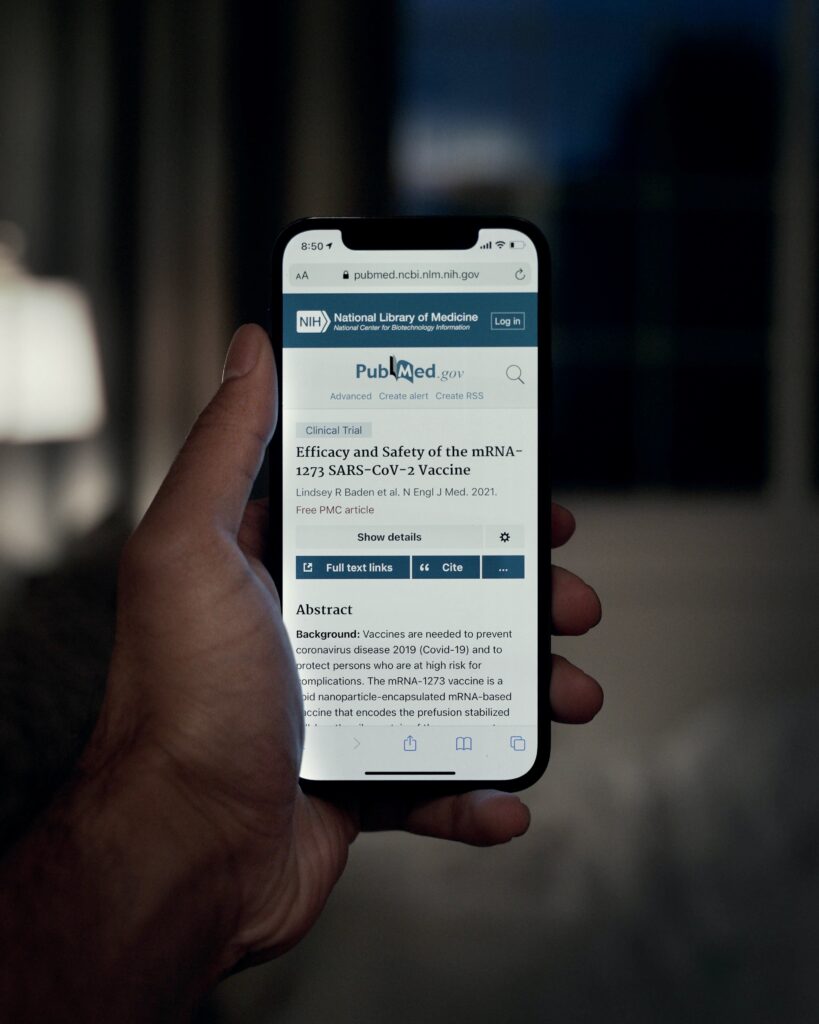
This image is property of images.unsplash.com.
Avoid Foods with High Glycemic Index
Understand the Glycemic Index
The glycemic index (GI) is a scale that ranks foods based on how quickly they raise blood sugar levels. Foods with a high GI value cause a rapid spike in blood sugar, while those with a low GI value have a more gradual effect. Understanding the glycemic index can help you make informed food choices and prioritize foods that have a lesser impact on blood sugar levels.
Choose Low Glycemic Index Foods
To promote stable blood sugar levels, it’s advisable to choose low glycemic index foods whenever possible. Examples of low GI foods include whole grains, non-starchy vegetables, nuts, seeds, and legumes. These foods are absorbed more gradually, providing a sustained release of glucose into the bloodstream.
Regular Exercise Routine
Engage in Aerobic Activities
Regular aerobic exercise can have numerous benefits for blood sugar regulation. Engaging in activities like walking, jogging, cycling, swimming, or dancing helps increase insulin sensitivity, allowing for better glucose uptake by the cells. Aim for at least 150 minutes of moderate-intensity aerobic exercise per week to support blood sugar balance.
Incorporate Strength Training
In addition to aerobic exercise, it’s essential to incorporate strength training into your routine. Building lean muscle mass helps enhance insulin sensitivity and improve overall blood sugar control. Include exercises like weightlifting, resistance band workouts, or bodyweight exercises two to three times per week to reap the benefits.
Maintain a Consistent Schedule
Consistency is key when it comes to exercise and blood sugar management. Regular physical activity helps improve insulin sensitivity and glucose regulation. Aim to establish a consistent exercise routine that suits your lifestyle and commit to it for optimal results. Whether it’s morning workouts, lunchtime walks, or evening classes, find a schedule that works for you and stick to it.
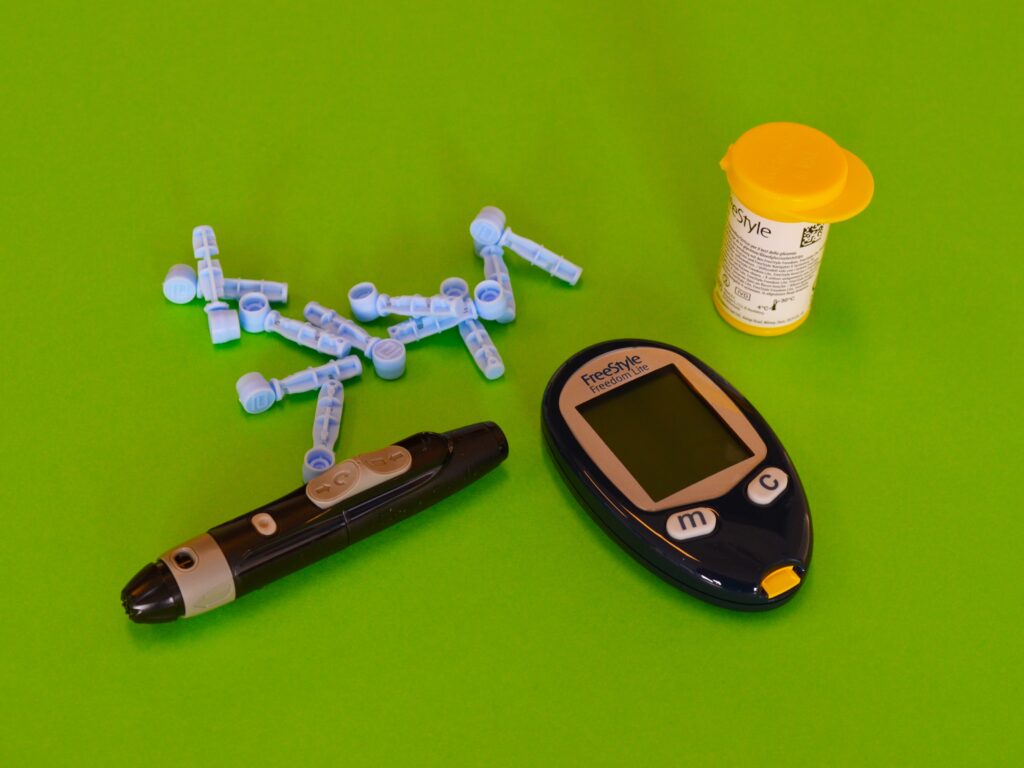
This image is property of images.unsplash.com.
Hydration
Drink Plenty of Water
Staying hydrated is crucial for overall health and blood sugar balance. Water helps regulate various bodily functions, including the transportation of nutrients and the removal of waste products. It is recommended to drink at least eight glasses of water per day, or more if you engage in intense physical activity or live in a hot climate.
Limit Sugary Drinks
When it comes to hydration, it’s important to avoid sugary drinks as they can significantly impact blood sugar levels. Beverages like soda, fruit juices, and sweetened teas or coffees are often loaded with added sugars that provide little nutritional value and contribute to spikes in blood sugar. Opt for water, unsweetened herbal tea, or sparkling water with a squeeze of lemon or lime as healthier alternatives.
Stress Management
Practice Mindfulness Techniques
Managing stress is essential for maintaining balanced blood sugar levels. Chronic stress can lead to elevated blood sugar levels due to hormonal imbalances. Incorporate mindfulness techniques into your daily routine, such as meditation, deep breathing exercises, or yoga, to help reduce stress and promote emotional well-being.
Engage in Relaxation Exercises
In addition to mindfulness techniques, engaging in relaxation exercises can also help manage stress levels. Activities such as taking a bath, listening to calming music, or practicing a hobby can provide stress relief and promote a sense of relaxation. Find what works best for you and make time for these activities regularly.
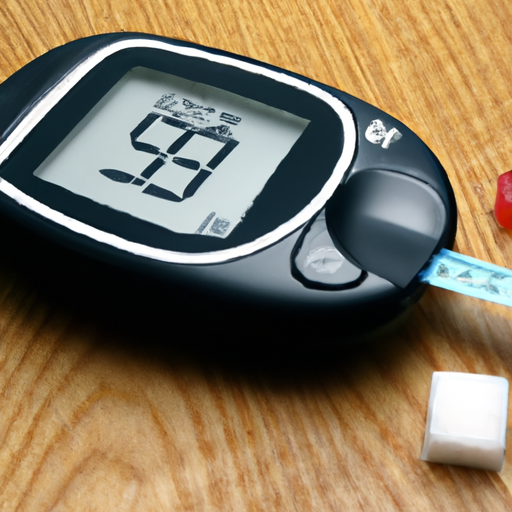
Sleep Quality
Establish a Regular Sleep Schedule
Getting adequate quality sleep is crucial for blood sugar regulation. Establishing a regular sleep schedule helps regulate hormones involved in appetite control and glucose regulation. Aim for seven to nine hours of quality sleep each night by setting a consistent sleep and wake-up time. Creating a sleep routine, such as practicing relaxation techniques before bed or avoiding screens close to bedtime, can also promote better sleep quality.
Create a Relaxing Sleep Environment
In addition to a regular sleep schedule, creating a relaxing sleep environment can enhance sleep quality. Ensure your bedroom is dark, quiet, and at an optimal temperature for restful sleep. Use comfortable bedding, invest in supportive pillows, and limit distractions that may disrupt your sleep, such as excessive noise or electronic devices.
Regular Blood Sugar Monitoring
Use a Glucometer
Regular blood sugar monitoring is essential for managing blood sugar levels effectively. A glucometer is a portable device that allows you to measure your blood sugar levels at home. By monitoring your blood sugar levels regularly, you can identify patterns and make necessary adjustments to your diet, exercise, and medication regimen, if applicable.
Keep Track of Patterns
When monitoring your blood sugar levels, it’s important to keep track of patterns and make note of any changes or unusual readings. By identifying patterns, such as spikes or drops in blood sugar, you can make informed decisions about your lifestyle choices and work with your healthcare provider to develop an appropriate plan of action.
Incorporating these tips into your lifestyle can help you achieve balanced blood sugar levels and promote overall health and well-being. Remember, it’s important to consult with a healthcare professional or registered dietitian before making any significant changes to your diet or exercise routine. With dedication and mindfulness, you can take control of your blood sugar levels and live a healthy, balanced life.
